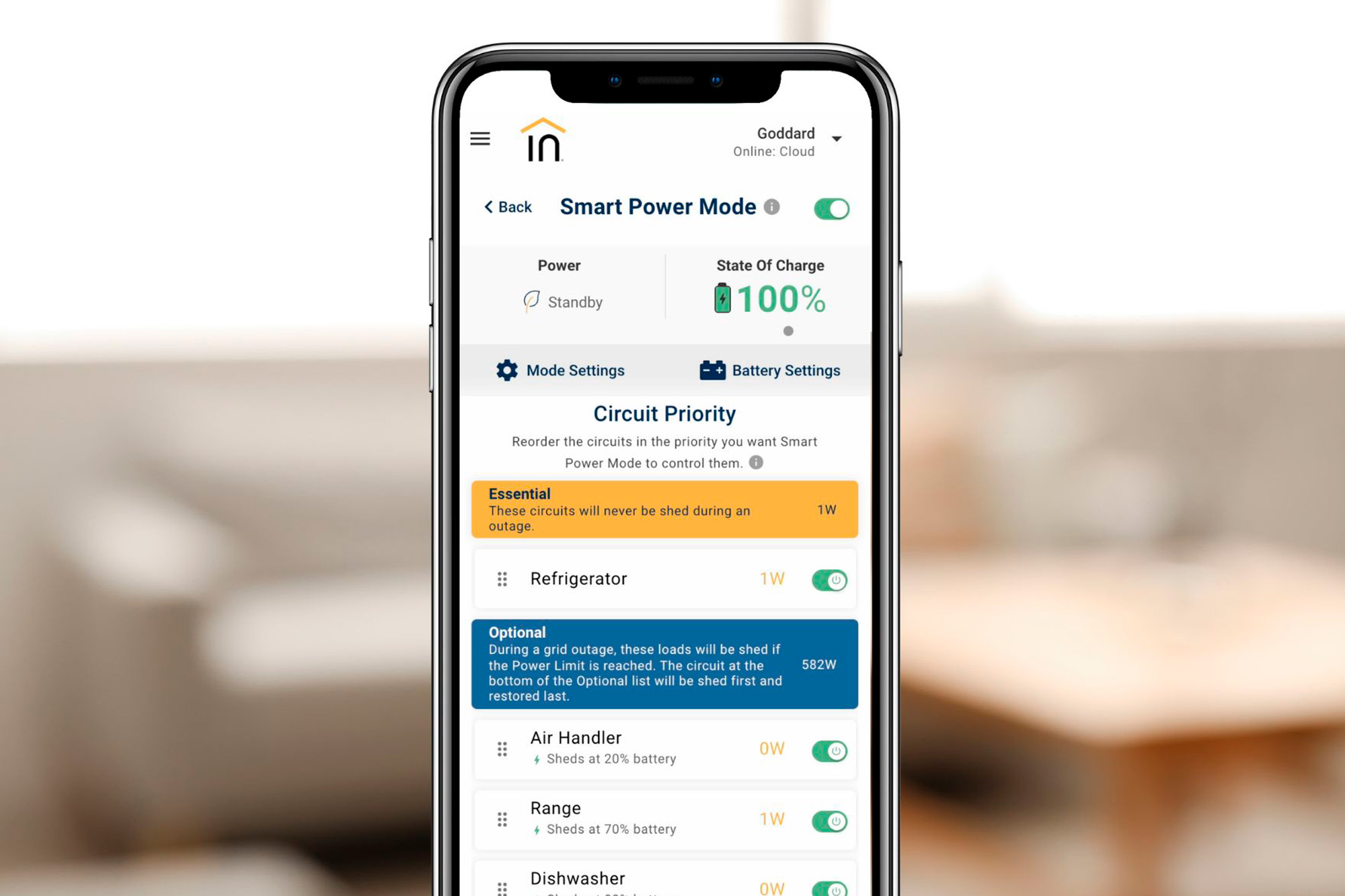We use cookies on our website.
Some of them are necessary for the functioning of the site, but you can decide about others.

National load growth has spiked in recent years due to the push for electrification and adoption of AI. Utilities don’t have the capacity to handle this unprecedented expansion, making load management a necessity. Here at Lumin, we talk about load management a lot. Simply put, we’re in the business of it. But what exactly is load management and how does it play a crucial role in your home’s energy ecosystem?
To understand the concept of load management, let’s first define what an electrical load is. An electrical load is any device that consumes electrical energy. Every appliance in your household that receives electricity has an electrical load. This includes your cooktop, washing machine and electric vehicle charger.
Most residential breaker boxes are rated to have 100 or 200 amps of current flowing through them at any given time. The circuits and accompanying circuit breakers in your home's breaker box come in two sizes — single and double pole. Single pole circuit breakers take up one breaker space and are typically used for smaller loads like lighting and outlets. The loads on these circuits will rarely use more than 5-15 amps at a time. Double pole circuit breakers utilize two breaker spaces to accommodate much larger loads such as dryers and air conditioners which can use 30 amps or more when operating.
Now that we have a better idea of what an electrical load is, let’s discuss load management. Load management balances the demand from your electrical loads with your available electrical sources. This is especially important during a power outage or when the grid is strained from excessive demand — think extreme weather, such as a bad cold snap or a prolonged heat spell. When supply is limited, whether from the utility or your solar battery, your loads can deplete the remaining energy capacity too quickly without careful management.
The goal of load management devices is a simple one — extend your battery’s runtime for as long as possible. Each load that uses electricity while you are off-grid drains your solar battery. Larger electrical loads like your EV charger or air conditioner rapidly diminish your energy reserves. This is where a load management tool can really come in handy.
The Lumin Smart Panel is a load management tool that monitors and manages your energy use in real-time to help you make the most of your solar + storage system or generator. There are two crucial components of the Lumin Smart Panel. The first is the hardware that sits close to your breaker box. The smart energy management system comes pre-wired and connects to your larger loads. From there, the second component comes into play — the software. This is an intelligent system that gives you control of your electrical loads through the Lumin App.
Using the app, you set preferences including what appliances are most important to you, which you can do without if your energy reserves become too limited and how the Lumin Smart Panel’s automation, Smart Power Mode, should prioritize everything when a grid outage occurs. This information helps the Lumin Smart Panel regulate your remaining supply and deactivate lower priority loads that could jeopardize what’s left. These lower priority loads are left on-demand in case you decide to change your preferences at any time.
Knowing how much energy your appliances consume can help you better understand your monthly utility bill and which loads to prioritize during a blackout. To find out your home’s load capacity, you can use this calculator from the Department of Energy. The process can take some time to complete but it will certainly be worth it.
The Lumin App takes away some of this grunt work by providing detailed data points around your energy use, including which electrical loads are the largest consumers in your home. This data can help you determine if your home’s energy use is balanced with your daily electricity supply. For example, if you have a home solar system installed and find that you are consuming much more energy than your system can generate, you may decide to add a few more solar panels onto your solar array.
No matter what your current supply looks like, the Lumin Smart Panel can help you manage your energy consumption within those limitations. You don’t need to expand your system to get you through an outage. The Lumin Smart Panel can keep your home up and running on a single battery.
To learn more about load management, how it can help you optimize your solar + storage system and save you more money on your electricity bill, reach out to our team at hello@luminsmart.com.